6. Her (2013, Spike Jonze)
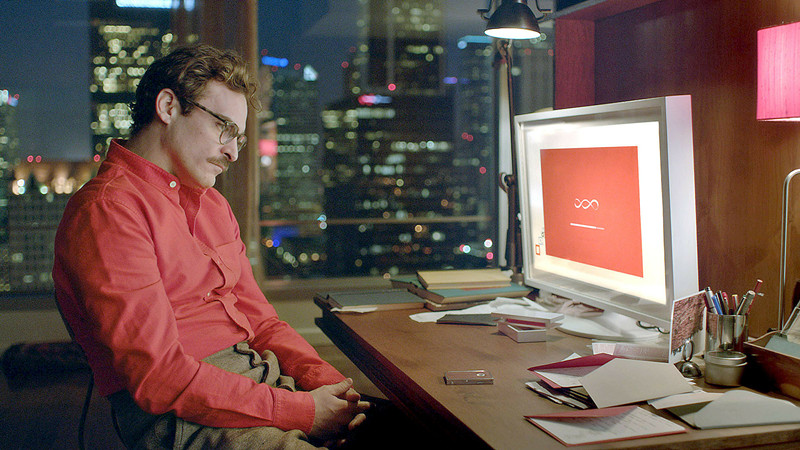
Probably the most recognizable and most discussed film on this list, Jonze fuses a metaphorical and almost literal translation for isolation, connection, and alienation in the near distant future where Phoenix’s Theodore and Johansson’s Operation System Samantha begin a relationship.
Discussing the intimate conversations or even phone sex down to the harsh truths that actually arise with Theodore and Samatha is all too human. We see the ups and downs of a relationship with only one actual human being. As a result, we see the disconnect between human beings and technology, all the contradictory reasons they co-exist.
Jonze layers his film with ministries of other O.S. systems, video games, flashbacks to his ex-wife, and what lies ahead with beautiful visual metaphors, but he never abandons the heart of the story. It’s one man’s lonely self amidst a sea of technology and change, one we hope doesn’t occur too fast for us.
7. Like Someone in Love (2012, Abbas Kiarostami)
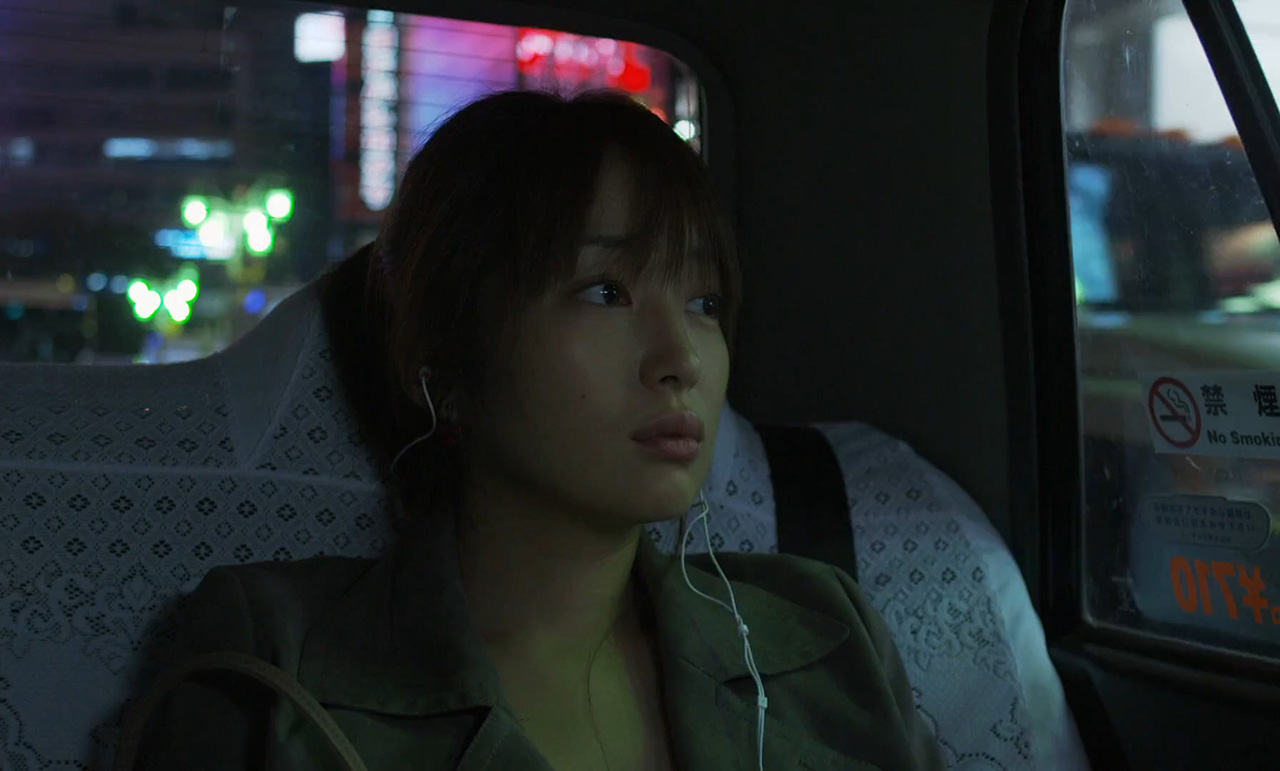
A film played out in pure minimalism and realism but not without beauty and striking performances, if almost purely real, and cinematography. Kiarostami explores the connection between a young female sex worker and an elderly lonely widow over the course of a few days.
One might side with the elderly widow just looking for companionship in one way, shape or form. But as the film unfolds, we see the young prostitute also deal with her isolation and relationship with her jealous boyfriend. Somehow during the long static takes, we are taken to a shocking conclusion that leaves us lingering. The loneliness of the characters, Tokyo, bars, bedrooms, cars, and restaurants all culminate in Kiarostami’s last official narrative film.
Possibly dealing with issues of self-exile, it wouldn’t be surprising that this poet and artist poured some of his inner feelings at the time in the outer-worldly setting of this film, only adding to the universal theme of modern loneliness.
8. Somewhere (2010, Sofia Coppola)
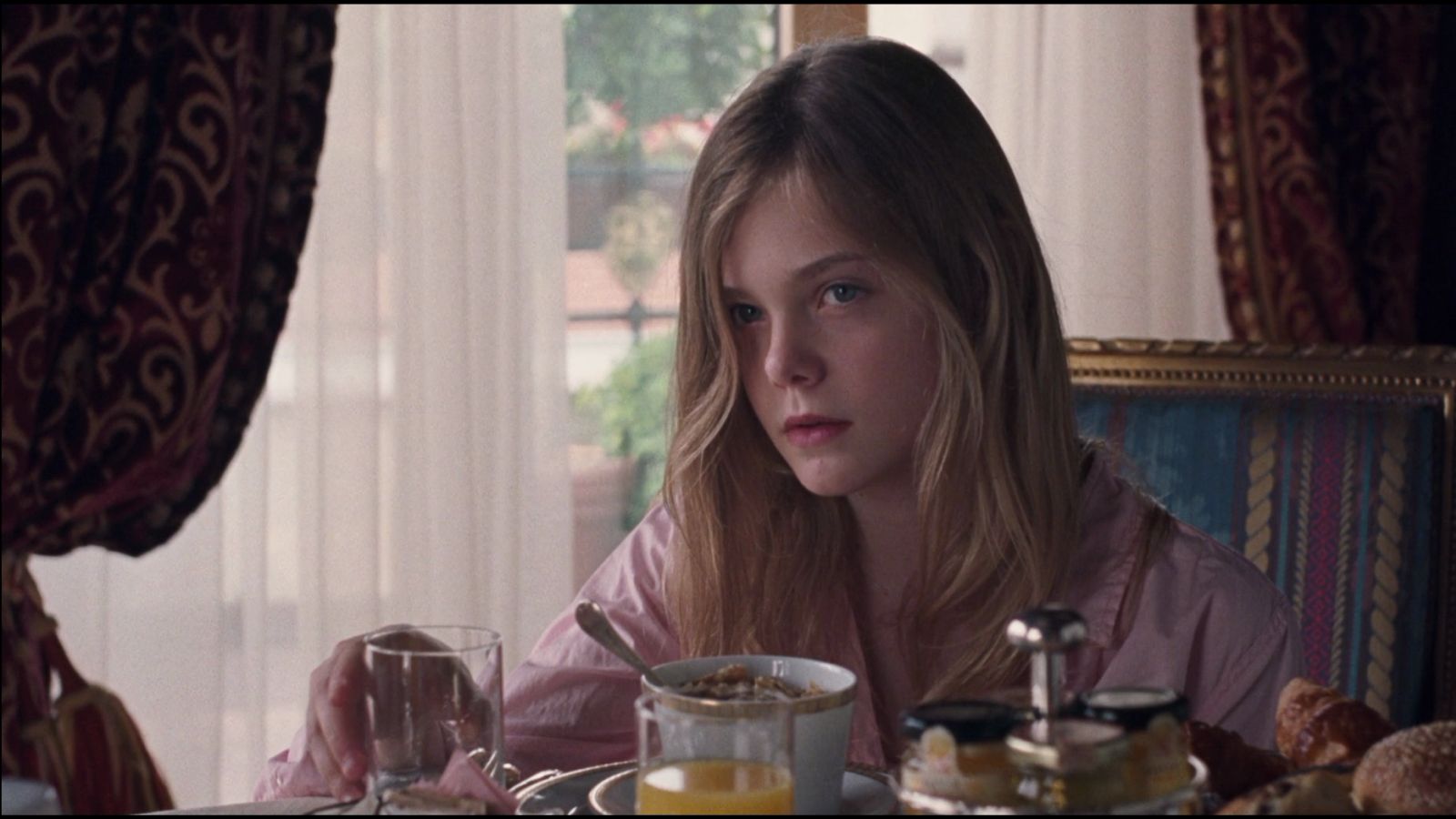
From visual motifs of friendly dancing strippers to isolation around Los Angeles, Coppola tells the story of a Hollywood actor with no real passion or interest anymore as his 11-year-old daughter shows up.
Sure people and critics called out a personal connection of the Coppolas, but Stephen Dorff and Elle Fanning make a perfect father-daughter combo as they both grow up, have fun, are confused, and struggle with the challenges of a meaningful relationship. The love is there but something is missing otherwise. Concentrating on Dorff’s Johnny Marco in the Chateau Marmont to a bitter revealing statement toward the end, do we see how lonely this man is?
From meaningless sex and pole dancers to lying around the swimming pool in a minimalist style, the loneliness just slaps through. Coppola is no stranger to this theme, but somehow, in her native country, it is just more present in the everyday surroundings.
9. Shame (2011, Steve McQueen)
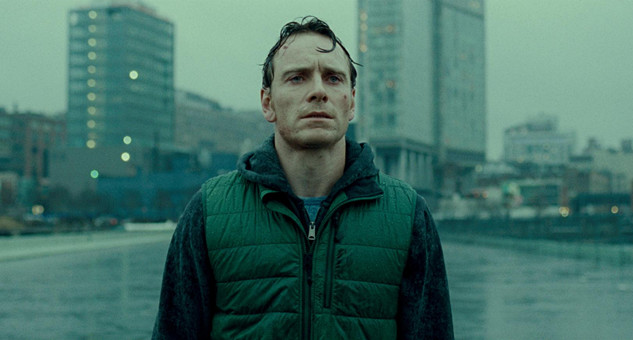
Steve McQueen explores the depths of sexual addiction and family relationships in this haunting film. Throughout the film, we see Michael Fassbender’s Brandon dealing with his addiction, all to himself and his frequent detached affairs. It’s not until his sister, played by Carey Mulligan, that we witness the implosion and explosion of this tormented, lonely character.
It’s in the simplest stares, long runs, violent outbursts, leg ticking, and not being able to perform sexually, that we see the turmoil boiling up and weighing down on Brandon. He has no one to connect or even talk to without paying for their sexual pleasures. Fassbender manages to control these emotions in those subtle ways until he finally overdoses in a nocturnal sexual odyssey. He never once abandons the themes the film is exploring by his performance.
In the end, Fassbender plays a man dealing with an addiction in the only way he knows. Everything we see on screen and expressed on his face truly shows the slow downward spiral he is on. It’s a hard film to watch as his isolated ways could possibly continue to the final moments.
10. An Elephant Sitting Still (2018, Hu Bo)
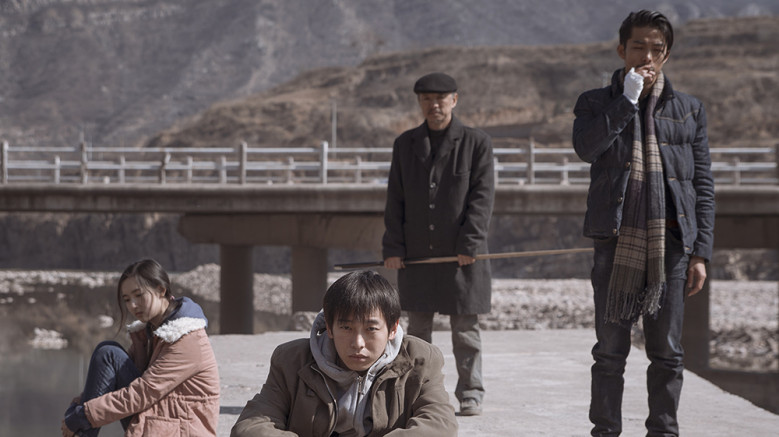
As taglined as the first and last film from Hu Bo after committing suicide after the film was completed, it truly haunts us after we’ve seen the film. As we follow several lost individuals searching for meaning in a brisk, gloomy northern Chinese industrial town, the film seeps into our minds at almost four hours.
With themes of oppression, suppression, social critique, deranged behavior, violence, delusion, and many others, it always boils down to the loneliness of these characters. Whether they interact out of self-interest or trying to make sense of things, they are always alone until the bitter end.
Even the title is paradoxical and somewhat confusing, without experiencing these long tracking shots reminiscent of Bela Tarr or Andrei Tarkovsky, which adds to the delusional themes at play. Regardless, the film is a swan song and we can feel Bo’s intention of the film. Unfortunately the art and the artist are hard to separate here, but it makes them both so much more powerful after the film.